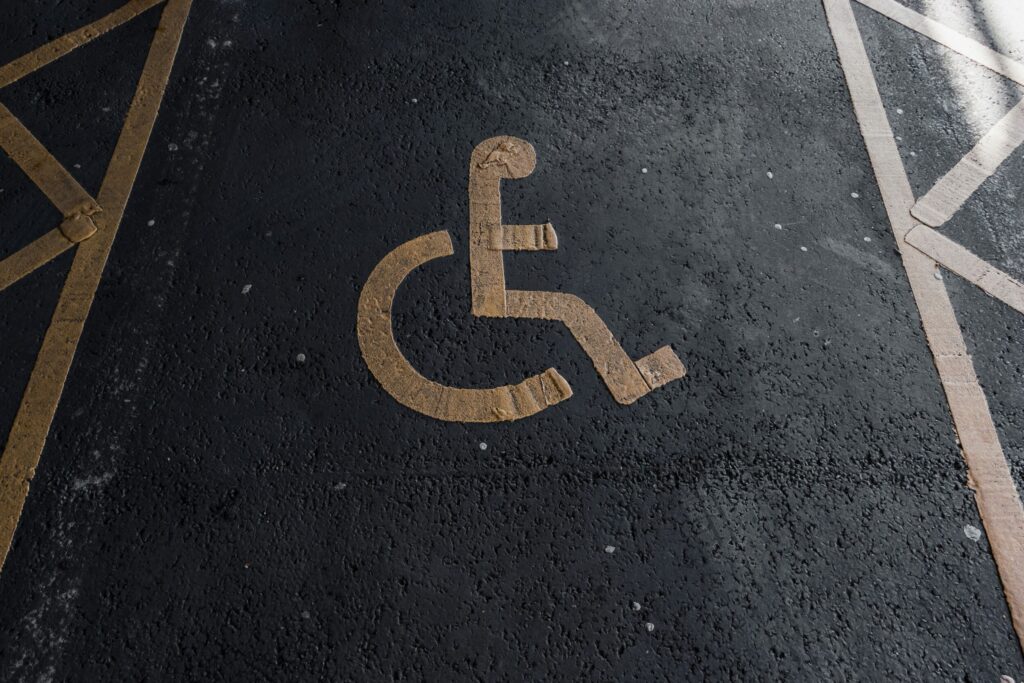A stroke and Alzheimer’s disease are both diseases that directly affect the brain. These two brain diseases can cause permanent brain damage and long-lasting or permanent symptoms. However, the two conditions present themselves differently. Though some of the symptoms are similar, the way they occur is drastically different. Anyone experiencing these diseases should seek medical attention. Alzheimer’s disease degenerates the brain, and those diagnosed with this disease will require regular medical care. However, if someone has a stroke, they’ll need immediate medical care to avoid a fatal situation.
So, to avoid the situation of asking yourself, “Is it a stroke or is it Alzheimer’s disease?”, we’re here to help. In this article, we’ll cover the signs of Alzheimer’s disease and the signs of a stroke to help you identify the two separately and seek the appropriate medical attention for the person experiencing symptoms.
Signs of Stroke

A stroke occurs when blood flow to the brain is interrupted. This interruption causes brain cells to be damaged or die. Stroke is the leading cause of adult disability in the United States. Anyone experiencing a stroke needs immediate medical attention to reduce the risk of death or long-term side effects.
The difference between the signs of stroke and signs of Alzheimer’s disease is that stroke symptoms are sudden and immediate. If someone is experiencing sudden numbness or weakness in their face, arm, or leg, especially on only one side of their body, they’re likely having a stroke. Sudden confusion, trouble speaking, vision problems, and difficulty walking are also prominent signs of stroke. Other stroke symptoms include loss of balance, immediate severe headache with no known cause, and trouble understanding speech. If anyone experiences these symptoms, they need immediate medical attention, as it may be a stroke.
Signs of Alzheimer’s Disease

Alzheimer’s disease is a progressive brain disease that destroys memory and other critical mental functions. As Alzheimer’s disease progresses, brain cells and connections degenerate and die. As these cells and connections are lost, memory and other vital cognitive functions are also lost. As of now, no cure exists. However, medications and treatment strategies can temporarily improve symptoms.
There are several symptoms of Alzheimer’s disease. These symptoms usually don’t occur simultaneously but instead over a period of years. Typically, the first sign is memory loss. People may start to forget more often and can’t recall recently learned information later. Next, many people experience difficulty performing everyday tasks, such as cooking or making a phone call. Finally, people with Alzheimer’s disease often forget simple words and substitute them with unusual words. For example, they may forget the word for toothbrush and ask for “the thing for my mouth.” Those with this disease may also forget where they are or how to get home. These signs are more often associated with the early stages of Alzheimer’s disease. However, they will continue as other symptoms develop. If anyone is experiencing these symptoms, they should seek professional medical help to identify whether or not it’s Alzheimer’s disease.
Those with late-stage Alzheimer’s disease will experience other, often more severe, symptoms. Symptoms of advanced Alzheimer’s disease can become more serious. For example, they may dress inappropriately for the weather, such as wearing shorts and a T-shirt in below-freezing temperatures. In addition, more advanced symptoms of Alzheimer’s disease include rapid mood swings, dramatic personality shifts, and extreme paranoia, especially regarding family members.
The Link Between Stroke and Alzheimer’s Disease
As stroke and Alzheimer’s disease are both brain diseases, the two are linked. The link between them is that strokes can cause Alzheimer’s disease. This is because strokes weaken the brain cell connections and affect critical mental processes, such as planning, processing information, problem-solving, decision making, and reasoning. As a result, the damage from a stroke can cause Alzheimer’s disease to develop. A stroke actually increases the risk of Alzheimer’s disease by more than 50 percent.












